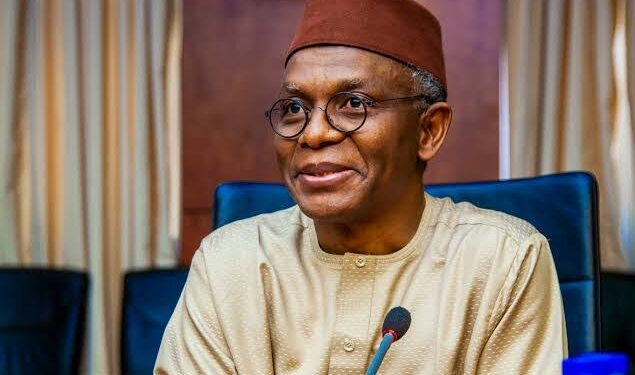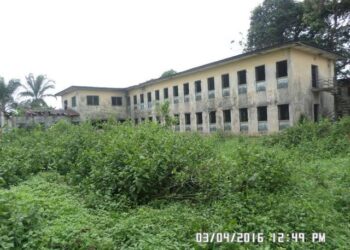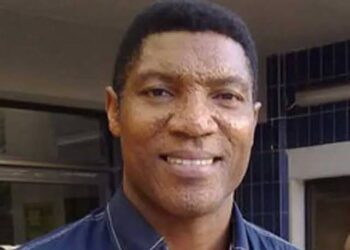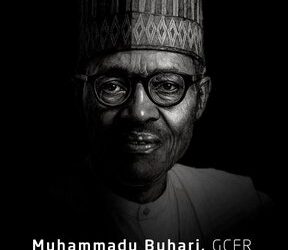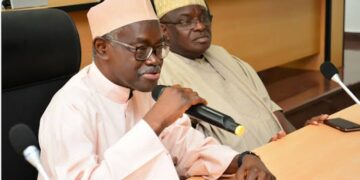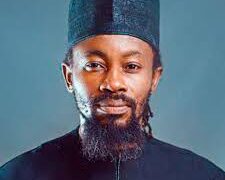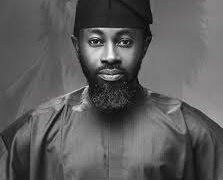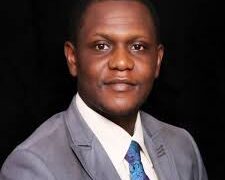There are men who walk into a room and command attention by presence. Then, there are those who needn’t enter at all, but their shadow does the talking. Mallam Nasir El-Rufai is that second kind. Like the whisper of a well-placed rumour, his influence slips through the corridors of power. Unseen by the untrained eyes, but unmistakable in its impact.
As a political observer who has keenly followed and reported from the trenches of Nigerian politics. I’ve watched kings crowned and dethroned, alliances forged in the dark, and betrayals delivered with a smile in glaring camara’s. Through all this, El-Rufai remains one of the most enigmatic and strategic figures in the Nigerian political arena. Brilliant, divisive, calculating, and always just a step ahead of the fray.
To understand El-Rufai is to understand the invisible scaffolding that holds up political power in Nigeria. He is not just a former governor or a minister with a penchant for controversy. He is a political tactician of rare clarity, whose influence extends far beyond his official titles.
In 2013, when the opposition floundered in disarray, fragmented by ego and ideology, El-Rufai was among the key architects of the unprecedented coalition that birthed the All-Progressives Congress (APC). It was no ordinary alliance. It was a calculated merger of desperation and ambition, uniting northern political machinery, progressive intellectuals, and Bola Tinubu’s formidable southwestern base.
The 2013 coalition that brought former President Muhammadu Buhari and the APC at large wasn’t just built in boardrooms. It was born of late-night strategy sessions, whispers traded in coded language, and the invisible ink of understanding between men who rarely trusted, but needed one another. El-Rufai understood the stakes. He understood that a single party needed to look like a movement, feel like a rebellion, and speak with the voice of the nation’s exhaustion.
And it worked. The APC swept into power in 2015, toppling the PDP’s 16-year reign by installing Muhammadu Buhari as president. El-Rufai’s fingerprints were all over that blueprint, even if history tries to write him in the margins.
Since leaving office as governor of Kaduna State, El-Rufai has assumed a different posture. A quieter, more elusive, but no less potent. His public interventions are rare, but when they come, they land with surgical precision. A tweet. A cryptic remark at a public forum. A withheld endorsement. In the theatre of power, absence can be as loud as presence.
Unlike other political juggernauts in the coalition, who crave the spotlight, El-Rufai often thrives in the half-light, where influence is more enduring than applause. His political relevance isn’t tethered to any formal office, it is anchored in perception, and in Nigeria, perception is reality. The ability to make others believe you hold the cards, even when you’re not at the table, is perhaps the highest form of political mastery.
Now, as the 2027 elections loom, the winds of coalition are once again stirring. The African Democratic Congress (ADC), once considered a fringe player, seems to be the third legthat will unseat Tinubu. The ADC has been adopted by a coalition of strange bedfellows: disaffected APC insiders, Labour Party dreamers, and regional tacticians with fresh scores to settle.
And if whispers from the back rooms of Abuja are to be believed, El-Rufai’s criticisms of President Bola Tinubu’s administration might just be a strategic as it was in 2013. Because here’s the uncomfortable truth: no one in Nigeria understands the art of unseating a sitting president better than El-Rufai. He’s done it before.
If the ADC manages to channel the frustrations of today, the economic fatigue, the rising youth disillusionment, and the cracks within Tinubu’s power bloc, it could mount a serious challenge. But a coalition without a spine collapses. And that spine, like in 2013, may once again come in the form of a strategist rather than a showman.
Ignore El-Rufai at your own peril. He may not be campaigning. He may not even run. But he moves like a chessmaster who already knows the next five plays. The key question isn’t whether he wants power, but whether he wants to determine who holds it. That distinction matters, because influence, not titles, is his true currency.
In 2027, the stakes will be higher, the electorate angrier, and the political space more volatile. Should El-Rufai decide to tip the balance, even subtly. It could change everything. He may not speak often, but when he does, Nigeria listens. Because when he casts his shadow, even giants pause to check where the light is coming from.
Let no one be fooled by the calm. The game for the ADC presidential ticket is already underway.
And El-Rufai, ever the tactician, just might be setting the board.


